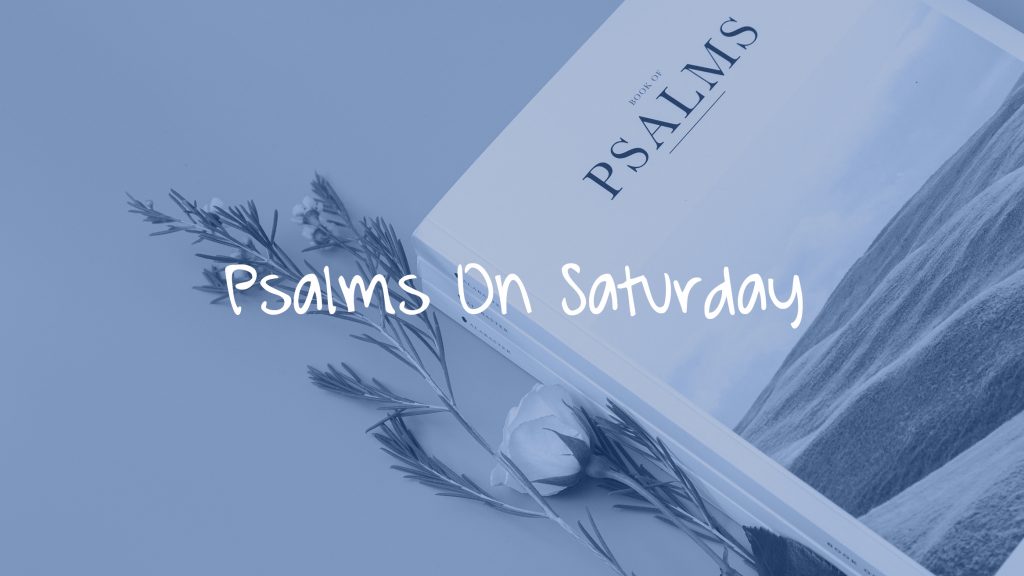|
Getting your Trinity Audio player ready...
|
Psalm 89 is one of the most difficult Psalms to interpret.
But let’s start with a verse that’s easy.
The heavens are Yours; the earth is also Yours. The world and all it contains, You have founded them (v. 11).
All things were created by Jesus and for Him.
Now let’s get complicated. You may have heard of the literary device “double entendre” but Psalm 89 uses “triple entendre.” (I’m stirring your thoughts with difficult words as they help create a mindset for reading this Psalm properly.)
Double entendre means “two meanings” so triple entendre means “three meanings.” There are three underlying meanings to keep in mind when you read Psalm 89.
First, how does this relate to the Jews when it was written? Second, what does this teach about the coming Christ? Third, what are the implications for those following Christ?
Let’s look at verse 3.
I have made a covenant with My Chosen.
The Israelites – chosen, Jesus – chosen, all of us – chosen as followers of Jesus! A triple entendre!
Now, the longer passage of verses 26 to 29.
He will cry to Me, ‘You are my Father, My God, and the rock of my salvation.’ I also shall make him My firstborn, the highest of the kings of the earth. My lovingkindness I will keep for him forever, and My covenant shall be confirmed to him. So, I will establish his descendants forever, and His throne as the days of heaven.
What does this say about David and his lineage to Christ? What do these verses say about Christ? And how do we get encouragement today?
The triple entendre!
Psalm 89 was written in a difficult time. Jerusalem had been conquered by the Babylonians and King Jehoiachin had been paraded through Babylon’s streets. The Jews still living questioned God’s promise that King David’s throne would be established forever.
Israel was so decimated at this moment in history, that none of the famous singers and psalm writers were left to compose a psalm of hope. Psalm 89 is attributed to Ethan the Ezrahite.
My thought when I first read Psalm 89 – who is Ethan the Ezrahite? Scholars have debated for centuries, so Pastor Grant is still confused. But we know that in one of the darkest moments of Israel’s history, Ethan stepped up to write and sing a psalm of victory.
Interestingly, “Ezrahite” can be translated as “faithful.” Not a common trait among the Israelites at that time.
Verses 1 through 37 of Psalm 89 recount the promises of God to King David, and realize the triple entendre – King David, Jesus, and Us!
Verses 38 to 51 review the triple sufferings.
You have cast off and rejected us. You have been full of wrath against your anointed: First – Israel in captivity, second – Jesus on the cross, third – the church today after COVID! (v. 38 OGV)
The tone of the Lord’s judgment begins to turn in verses 46 and 47.
How long, O Lord? Will You hide Yourself forever? Please remember that I have a limited time on the earth.
Psalm 89 concludes with…
Blessed be the Lord forever!
Amen and Amen! (v. 52)
The Hebrew word for “Amen” is – is – “Amen.” The word means “truly” or “so be it” and isn’t translated in Greek or English or Russian or in any other language. The entire world, throughout thousands of years of history, has just said, “Amen.”
At the end of Psalm 89, during severe trials, Ethan the Faithful (Ezrahite) uses a double entendre for the Amen!
I, Pastor Grant, several thousand years later, considering 2020 and 2021, will add a triple…
Amen, Amen, Amen!

